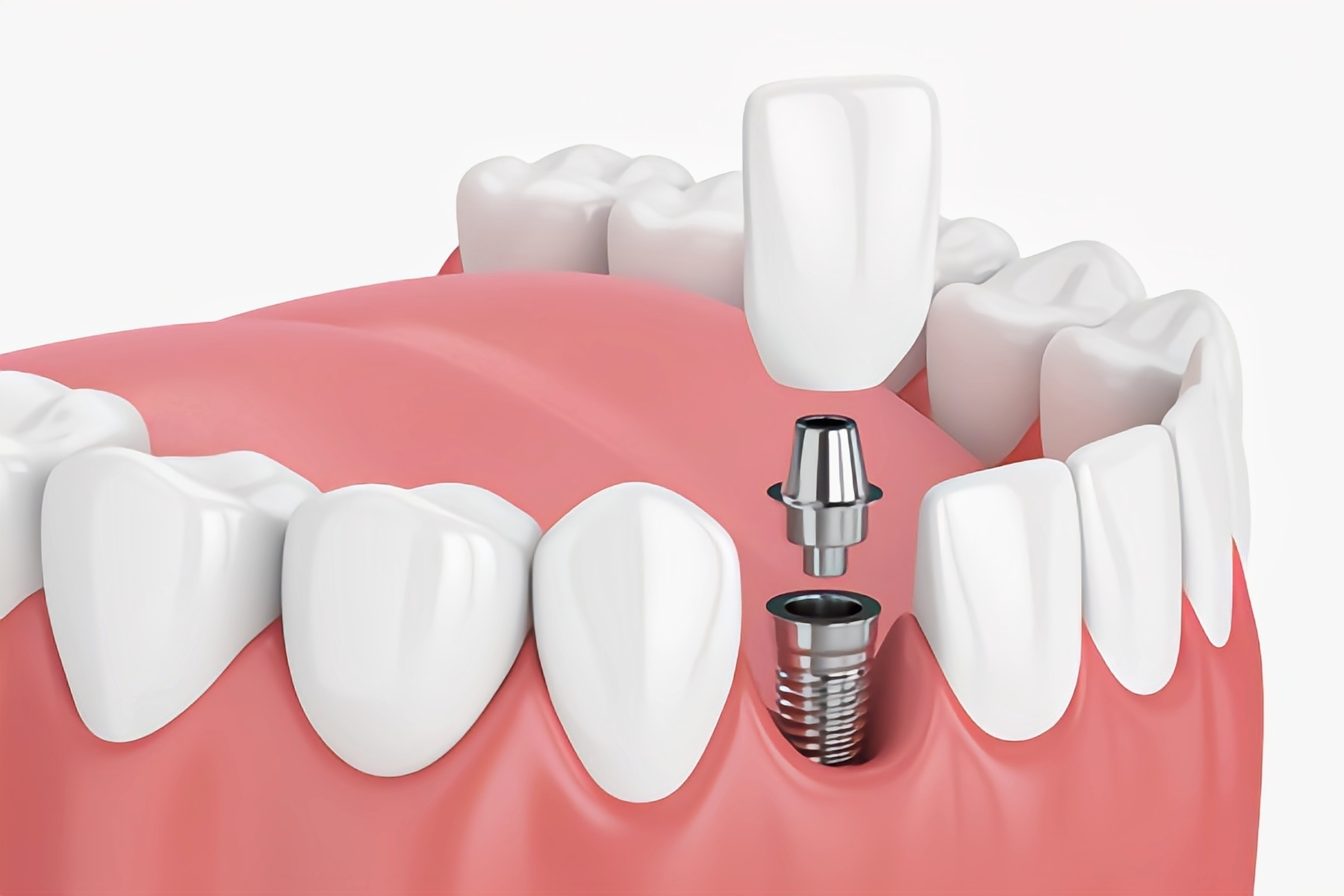+919220813684

This is your website preview.
Currently it only shows your basic business info. Start adding relevant business details such as description, images and products or services to gain your customers attention by using Boost 360 android app / iOS App / web portal.
Frequently asked questions about Dental Implants: ...

Frequently asked questions about Dental Implants: 1. What are dental implants? Dental implants are titanium or zirconia posts that are surgically placed into the jawbone, acting as artificial tooth roots to support crowns, bridges, or dentures 2. Who is a candidate for dental implants? For successful dental implants, the candidate should have: Healthy gum tissues, free from periodontal disease. Adequate bone structure to support the implant. In cases of insufficient bone, bone grafting might be recommended. Good oral hygiene habits and a commitment to maintaining oral health. However, certain conditions may affect candidacy: Uncontrolled diabetes: Diabetics may have a slower healing process, but controlled diabetes generally doesn't pose a problem. Smoking: Smoking affects healing and increases the risk of implant failure. Smokers are encouraged to quit or reduce smoking during treatment. Certain medications or conditions: For example, patients on medications like bisphosphonates, which affect bone healing, may require additional consultation. 3. What happens during the implant procedure? The process includes the following steps: Consultation and Planning: Your dentist will take X-rays, possibly a CT scan, and impressions to evaluate the bone structure and plan the placement of the implant. Implant Surgery: Under local anesthesia or sedation, the dentist makes an incision in the gum to expose the bone, drills a hole, and places the implant post. Healing and Osseointegration: The bone grows around the implant (osseointegration), which can take 3 to 6 months. Abutment and Crown Placement: After healing, an abutment is attached to the implant, and then a custom-made crown (or bridge, denture) is secured. 4. Is the procedure painful? During the surgery, you will feel little to no discomfort due to local anesthesia. Afterward, some mild pain, swelling, or bruising can occur, but this can be managed with over-the-counter painkillers like ibuprofen or prescribed medication. The discomfort is usually temporary and subsides after a few days. 5. How long do dental implants last? Dental implants are known for their durability. With excellent oral care, they can last a lifetime. The crown or prosthetic attached to the implant might need replacement after 10-15 years, but the implant itself can remain stable if maintained properly. 6. What are the risks associated with dental implants? Implants have a high success rate of 90-98%, but risks include: Infection: Post-surgical infection is a rare possibility. Nerve damage: If an implant is placed too close to a nerve, it can cause pain or numbness in the surrounding area, including the lips or chin. Sinus complications: For upper jaw implants, improper placement could protrude into the sinus cavities, leading to complications. Implant failure: Occasionally, the bone doesn't integrate with the implant. This can happen due to infection, excessive stress on the implant, or lack of proper care. 7. What if I don't have enough bone for an implant? In cases of bone loss or insufficient bone density, your dentist may suggest: Bone grafting: This procedure involves transplanting bone tissue (or synthetic materials) to augment the jawbone. It can take a few months for the graft to integrate before the implant can be placed. Sinus lift: For implants in the upper jaw, a sinus lift may be required to raise the sinus floor and create space for additional bone. 8. What are the advantages of dental implants? Long-lasting and durable. Preserve the jawbone and prevent bone loss. Function and feel like natural teeth. Do not affect surrounding teeth like bridges. 9. How long is the recovery time? Initial healing from surgery takes a few days to a week, but full integration with the bone (osseointegration) takes about 3-6 months. 10. How do I care for my dental implants? Care is similar to natural teeth: regular brushing, flossing, and routine dental visits are important. Special interdental brushes may be recommended to clean around the implant. 11. Can implants be done for missing multiple teeth? Yes, implants can replace multiple missing teeth either individually or as part of a bridge or denture supported by implants.

